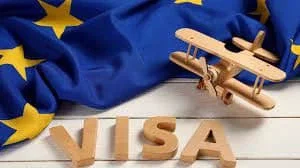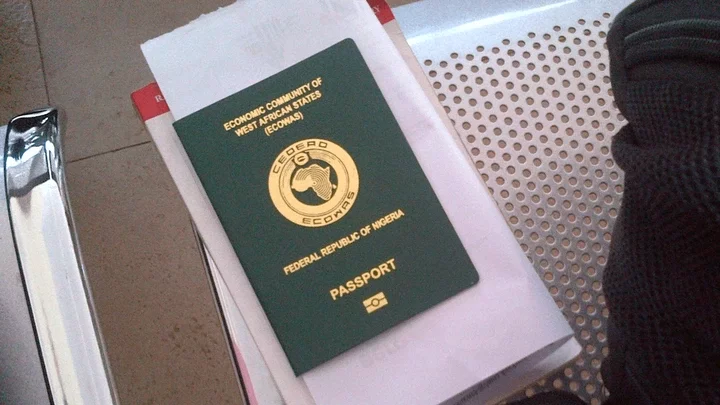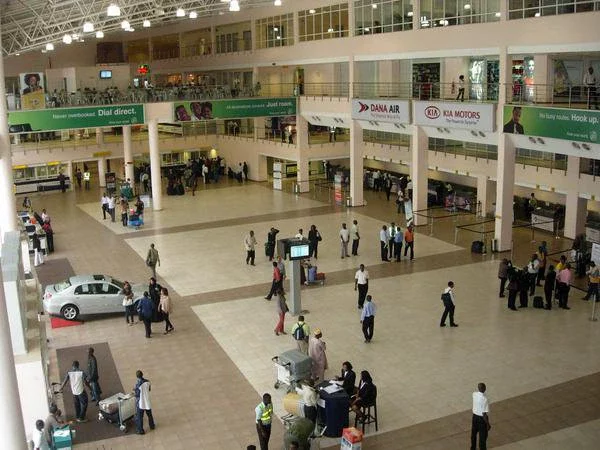![Schengen Visa is set to go digital, reducing processing times [Travelobiz] Schengen Visa is set to go digital, reducing processing times [Travelobiz]](https://static.netnaija.com/i/qdNVqwlma4g.webp)
Exciting news for Nigerian travellers as the Schengen visa application process is set to undergo a major change, moving from a paper-based system to a fully digital one by 2026.
The new digitalisation initiative brings forward a unified platform where travellers can effortlessly complete all visa procedures for any Schengen country.
This centralised approach simplifies the process for those planning trips involving multiple Schengen destinations, eliminating the need for multiple websites or agencies, and making the process more convenient, efficient, and user-friendly for travellers.
Here are some changes to anticipate with the digitalisation of visa application procedures:
Digital documentation
No more printing endless documents or worrying about misplacing them. The digital system will eradicate the need for physical documentation, allowing travellers to upload digital scans of their passports, biometric photos, flight tickets, and accommodation proof.
Online fee payment
Visa fees will now be conveniently paid online through the same unified platform, cutting out the need for cash transactions or bank visits and making the application process even more seamless for travellers.
In-person requirements
In-person visits will be required only for a limited number of cases, such as first-time applicants, those with expired biometric data, or those with a new travel document. Even for these cases, the process will be streamlined, with no waiting in lines for appointments.
Digital barcodes to replace stickers
Traditional visa stickers in passports will be replaced by digital barcodes, for a more digital experience.
According to the official EU Schengen visa website, when the platform fully launches in 2028, an estimated 22 to 25 million visa applications worldwide will be processed through this system. This shift would not only save applicants valuable time and effort but also ensure a more cost-effective process.
Besart Bajrami, the founder of SchengenVisaInfo and VisaGuide.World, expressed his support for digitalisation, stating, "This is without a doubt a revolution in the sector of EU visa applications, which will completely reshape travellers' experience on getting a Schengen visa, making it not only less expensive, but also less time and energy consuming, and thus less stressful. The platform will also eliminate the possibility of rejection for applying at the wrong embassy."
As we move towards a more digitalised experience, Nigerian travellers will have more convenience and this change is sure to open doors to new opportunities across the Schengen are
















Comments